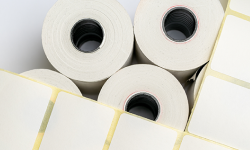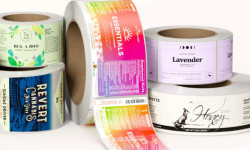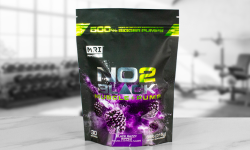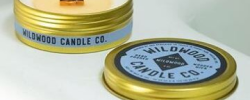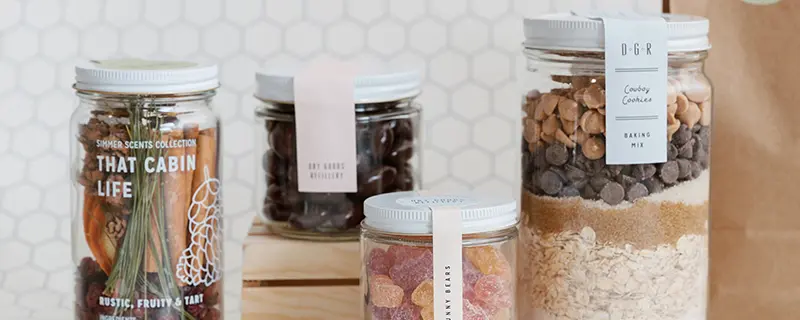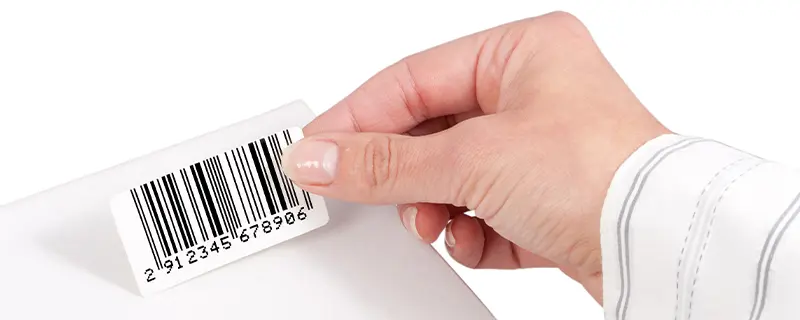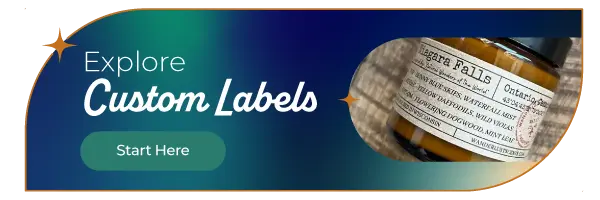Ensuring your coffee labels meet 2025 compliance standards is essential for legal requirements and consumer trust. With updates to FDA, USDA, and Fair Trade labeling regulations, coffee businesses must stay informed on what’s required for packaging this year and beyond.

What Are the Legal Requirements for Coffee Labels in 2025?
To sell coffee legally in the U.S., the FDA (Food and Drug Administration) mandates that coffee labels include:
- Product Identity – Clearly state what the product is (e.g., "Whole Bean Coffee" or "Ground Coffee").
- Net Quantity of Contents – Display the weight in ounces and grams.
- Nutrition Facts – Required unless the coffee contains added ingredients such as sugar or milk.
- Ingredient Declaration – List all ingredients if applicable.
- Allergen Disclosure – Highlight allergens if flavors or additives are used.
- Manufacturer or Distributor Information – Include the name and address of the responsible company.
- Country of Origin (if imported) – Required for compliance with U.S. Customs and Trade Laws.
Failure to comply with 2025 coffee labeling regulations can result in product recalls, fines, or legal action.
Organic, Fair Trade & Specialty Coffee Certifications in 2025
With growing demand for sustainable and ethically sourced coffee, certification standards have evolved. If you're selling organic, Fair Trade, or specialty-grade coffee, these 2025 requirements apply:
- USDA Organic Certification – Must meet National Organic Program (NOP) standards, with certification from an accredited agency.
- Fair Trade Labeling – Requires certification from Fair Trade USA or a recognized international body.
- Rainforest Alliance & Direct Trade – Voluntary labels that require strict sustainability and ethical sourcing compliance.
- Kosher Certification – If applicable, must be certified by an authorized Kosher certification agency.
Certifications allow businesses to charge premium prices, but false claims in 2025 could lead to heavier enforcement and legal consequences.

Labeling Requirements for Different Types of Coffee Packaging
The 2025 coffee market includes various packaging styles, each with specific labeling needs:
Retail Coffee Bags (Whole Bean & Ground Coffee)
- Must include net weight, roast level, and grind type.
- Labels should highlight flavor notes, processing method, and sourcing details.
- Tamper-evident seals add consumer trust and comply with safety regulations.
Single-Serve Pods & Capsules
- Labels must indicate serving size and compatibility with coffee makers.
- If flavored, ingredient lists and allergen disclosures are mandatory.
Instant Coffee & Ready-to-Drink Beverages
- FDA-compliant Nutrition Facts Panel is required.
- Caffeine content must be clearly labeled for consumer awareness.
If you ship coffee internationally, 2025 EU and Canadian regulations now require stricter sustainability claims and bilingual labeling.

How to Ensure Coffee Labels Meet 2025 Compliance & Quality Standards
Staying compliant with FDA and industry regulations is just one part of the equation—your labels should also be high-quality and durable to withstand moisture, heat, and transit conditions.
Here’s what to keep in mind:
- Use High-Quality, Durable Labels – Coffee packaging faces moisture, heat, and friction during shipping. Choose waterproof, oil-resistant, and thermal-print-compatible labels.
- Maintain FDA Font & Layout Compliance – The Net Quantity Statement must be at least 1/16 inch tall and placed in the lower 30% of the front label.
- Include Batch or Lot Codes – Essential for tracking product recalls or quality control.
- Highlight Sustainable Packaging Initiatives – New 2025 EU Packaging Regulations emphasize recyclable materials and compostable packaging claims.
Stay Compliant with High-Quality Coffee Labels
With 2025 updates to coffee labeling regulations, brands must ensure full compliance with FDA, USDA Organic, and international packaging laws. Using high-quality, durable labels helps businesses avoid legal risks while enhancing brand reputation.
Wizard Labels provides custom coffee labels that meet 2025 compliance standards. Reach out if you have any questions at all.
